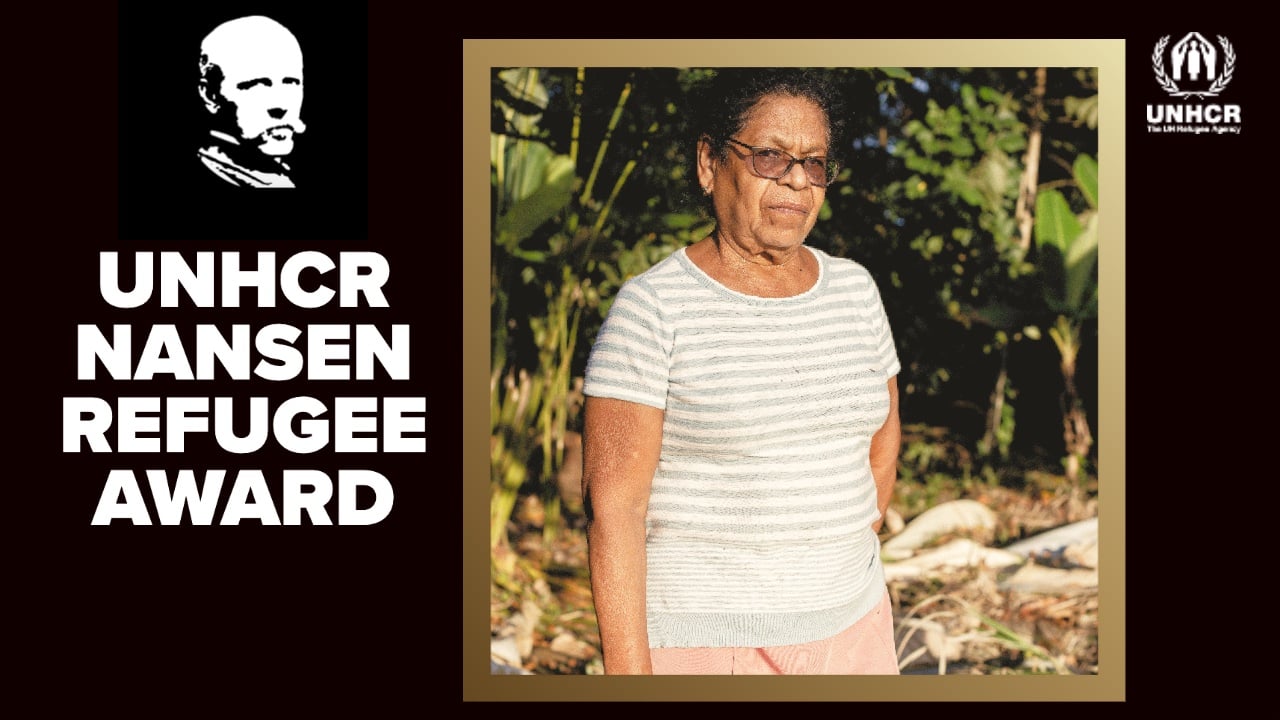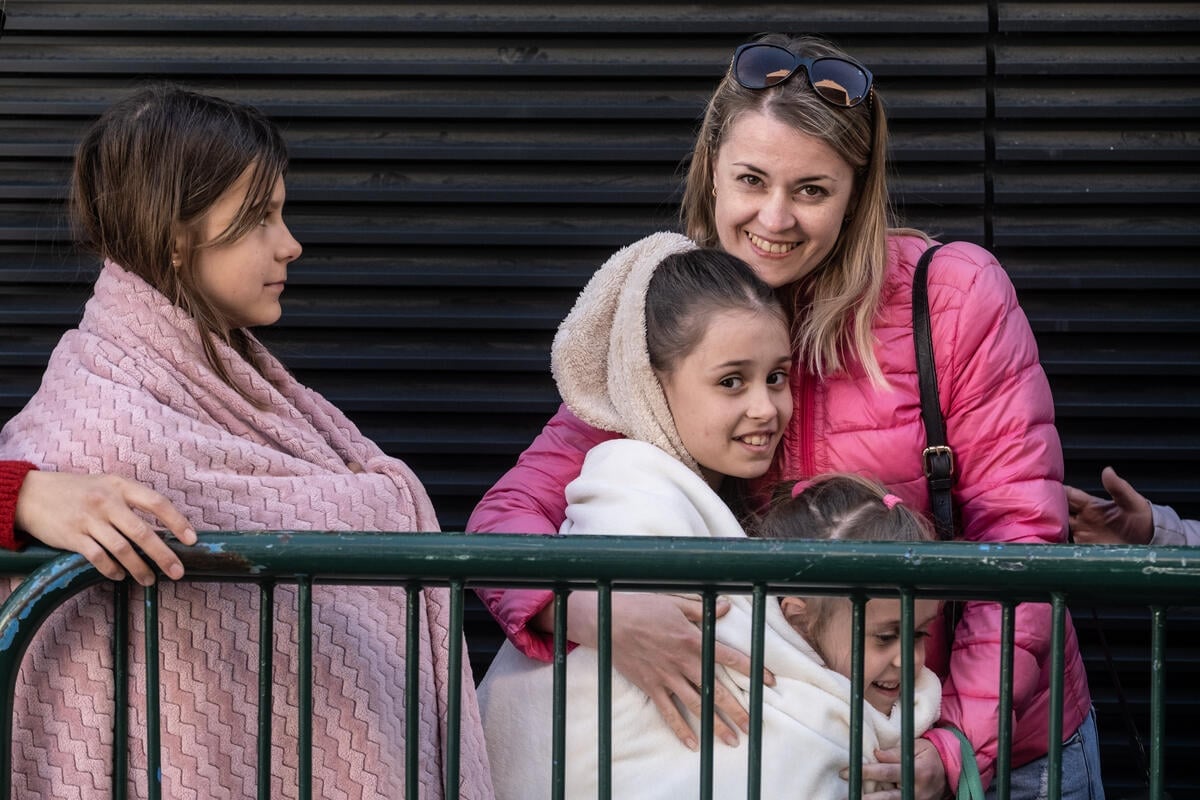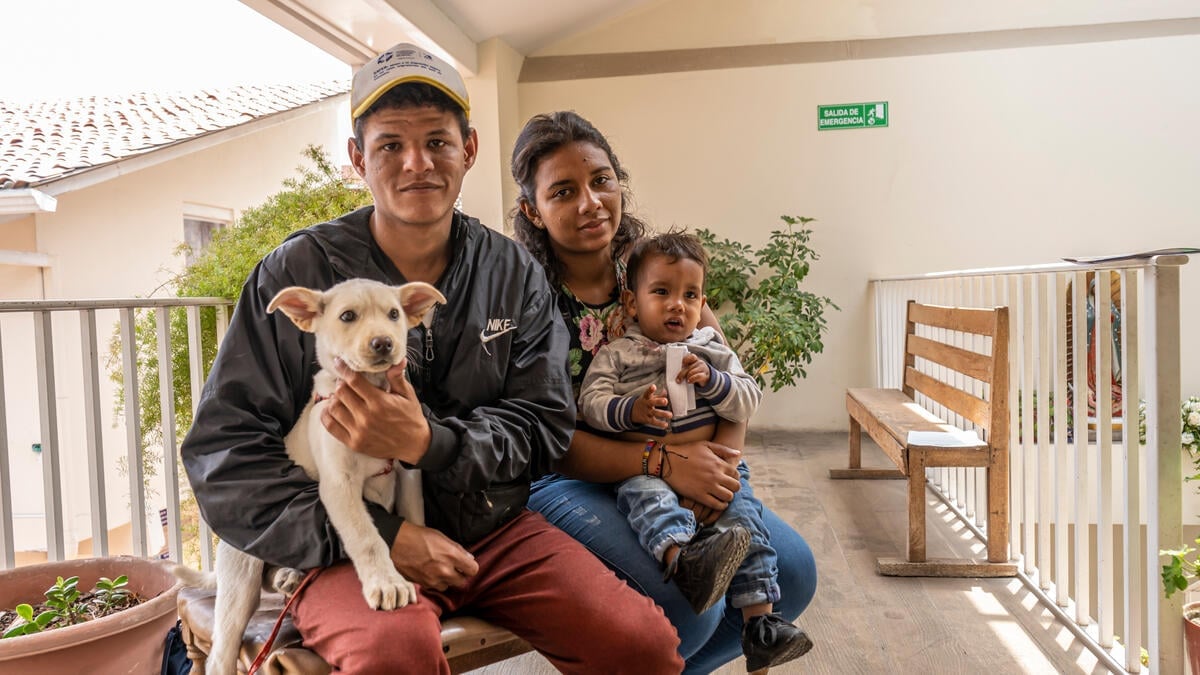Former refugees welcome Vienna visitors at unique hotel

Former refugees welcome Vienna visitors at unique hotel
“Good evening, ma’am. Welcome back to the Magdas Hotel. We have put you in room 112 again. Will you be having breakfast?”
Breakfast is not included in the room price but I sign up eagerly, knowing that at the Magdas, staffed by former refugees from around the world, the breakfast buffet is a cornucopia of dishes from Europe, the Middle East and Africa.
“Stay open-minded; find something unique,” is the hotel’s slogan. A stay at the Magdas is unusual, educational and value for money, giving visitors who seek something different from Austrian tradition an experience of modern, multicultural Vienna.
The hotel, within sight of Vienna’s landmark giant Ferris wheel, was a care home before it was converted, as it advertises, “to welcome globetrotters, revellers, explorers and discoverers." Opened in 2015, it employs 10 hotel professionals and 20 former refugees from 16 countries.
“I was here at the very start… I helped to empty out the rooms and fix things up. It was a lot of fun."
It is a daughter company of the Catholic charity Caritas, which ran the care home. It must be self-financing, without losing sight of its goal of helping the disadvantaged.
The hotel, which has 88 rooms starting at a price of €62 per night, does not receive any public funding that is not also available to other companies.
Our opening was very timely, as it coincided with the refugee crisis,” says joint chief executive Gabriela Sonnleitner. “Motivated people wanting to work arrived when the labour market was looking for workers. The two don’t often come together, especially in hospitality, where you need quality staff.”
The hotel employs former refugees who have been granted asylum in Austria. They are expected to speak at least basic German. “It’s okay if they have skills deficits but we encourage them to improve,” says Sonnleitner.
At the front desk, I experience the courtesy and competence of Omid Sharif, 25, from Afghanistan, who started working at the Magdas on night shifts. He performed so well that he was promoted to deputy head of reception. Taking my key, I retire to my room, decorated in blue with a red velvet armchair and a knitted lampshade.
No two rooms are exactly alike. Designers, working to a limited budget, 'up-cycled' furniture and fittings from the old retirement home to create an arty atmosphere. Cupboards were cut up into benches and old doors re-hung with mirrors. In a witty touch, luggage racks from Austrian trains were put up to take guests’ suitcases. Downstairs, a comfortable café/library was created for relaxation or social events.
When I wake, the vacuum cleaner is whining in the corridor outside. Toita Monsarowa, a senior member of the cleaning staff who fled from war-torn Chechnya in 2004, has been at the Magdas from the outset.
“I was here at the very start, when it was being converted from the nursing home,” she says. “I helped to empty out the rooms and fix things up. It was a lot of fun. The luggage racks from the trains were black with grime but I polished them up.”
Monsarowa, who was a pastry chef in Grozny, has a new life now. “I work here five days a week,” she says. “I have a flat. One son is working and the other is going to school. Life is working out for me."
In the breakfast room, Sherahmad Razi, 32, from Faryab province in Afghanistan, shows me to a sunny table by the window. He has been in Austria for eight years after travelling via Iran, Turkey and the Balkans. Back in Afghanistan he was a welder.
He says working in a hotel is big change, but he can turn his hand to anything. Before he was granted asylum, he used to sleep late and now he starts work at 6 am. “I like interacting with the customers and it’s good to be earning a living,” he says.
In his spare time, he plays football and billiards and walks by the River Danube but sometimes, he says, worry about home makes it difficult to appreciate the life he now has.
“In Afghanistan, my mother is sick and my parents live in an area [on the border with Turkmenistan] where war is in front of our door. When there is no problem, there is no problem for me, but when they are ill or something, I worry.”
He married his wife Lina just before he left Afghanistan and has not seen her for eight years. He hopes to bring her to join him in Austria.
“I’ve learnt German and I still go to classes. Maybe one day I will have the chance to be a chef or manager."
At the buffet, I help myself to muesli with exotic fruits, scrambled egg in little pots, couscous salad, Arab bread and hummus, all washed down with a strong Viennese coffee with milk.
Segun Prince, 45, from Benin, has made the couscous. One of three Africans working in the kitchen, he is doing well in his new hotel career.
“Back in Benin, I was a tailor,” he says. “It was nice work but I like the kitchen as well. I meet guests from all over the world and ask them, ‘How do you feel? Did you enjoy your food?’”
Prince left Benin in 2002 and came to Europe via Libya, making the dangerous trip across the over Mediterranean. “There was no hope in Africa,” he says.
“When they started to make the hotel here, they called us [refugees] to help and I carried beds and wardrobes – it was very exciting. I’ve learnt German and I still go to classes. Maybe one day I will have the chance to be a chef or manager.”
At reception, Sharif, who speaks English and German as well as three Afghan languages, is juggling several tasks. He came to Vienna aged 14, before the refugee crisis.
“My father was an Afghan government official in exile and he was already here,” he says, before breaking off to answer the telephone.
“I dreamt of being a pilot, or getting an apprenticeship in IT, but I started work here instead, doing nights. It was rather boring and hard on the body.” He breaks off again to give directions to a visitor.
I hand in my key and he gives me my bill.
“Thanks for staying with us, ma’am. See you next time you come to Vienna.”




















